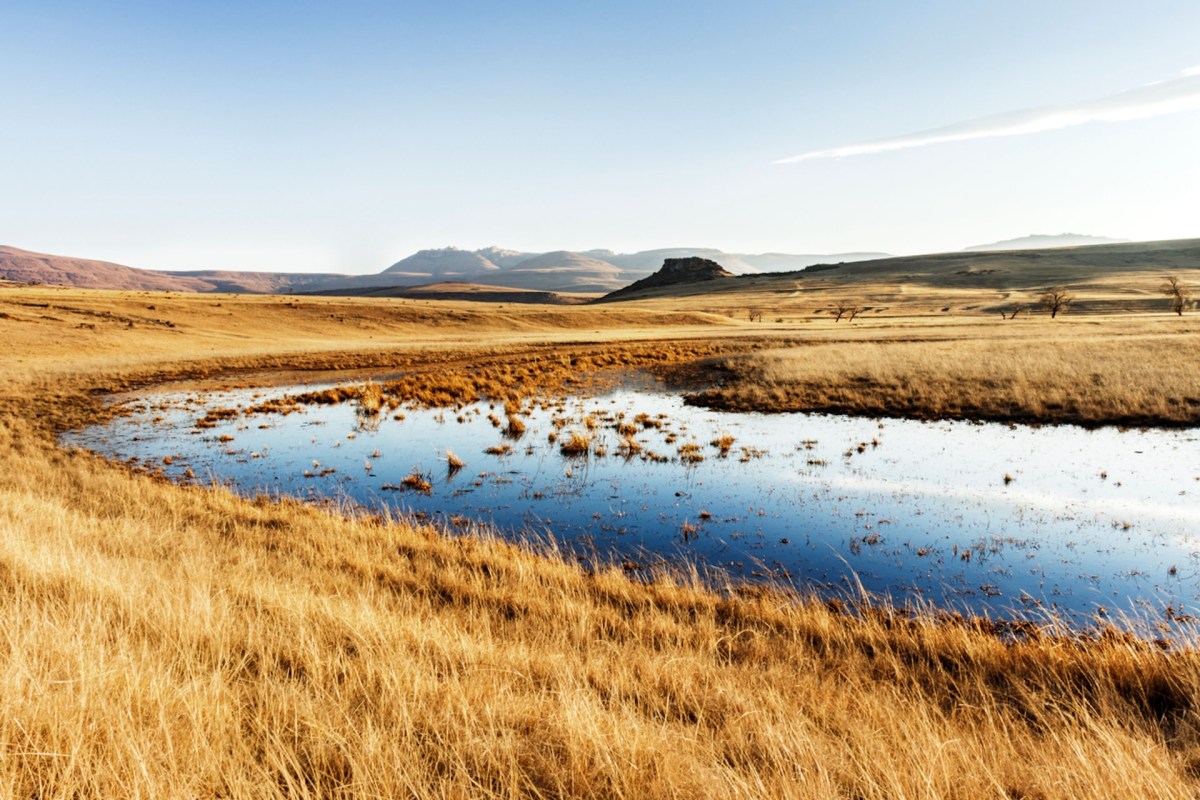One couple's efforts to save endangered animals in South Africa have seen them purchase 67,000 acres of farmland and turn the entire thing into a wildlife preserve. The rewilding project, they said, has been successful, as the ecosystem has begun to return to what it might have looked like before human intervention.
Mark Tompkins, a London-based financier, and Sarah Tompkins, who was born in South Africa, bought up 11 farms over a period of five years beginning in 1997, according to CNN. They turned the area into the Samara Private Game Reserve, which is now run by their daughter Isabelle. The reserve funds its conservation efforts through the tourism money it brings in.
"Little by little, we've introduced the pieces of the puzzle of what this ecosystem would have looked like," Isabelle told CNN in January 2022.
The Tompkinses have managed to reintroduce both cheetahs and lions to the area. Cheetahs were reintroduced for the first time in 130 years, starting in 2003. As of 2022, around 50 cheetah cubs had been born at the reserve. A pair of lions were introduced in 2019 and have since produced two litters.
The reserve has even seen the return of big cats that it did not specifically reintroduce — a male leopard jumped the fence in 2021 and was seen prowling around.
"[It] is incredibly exciting and means that the conditions are right again for its survival," Isabelle and Sarah Tompkins said in an email to CNN.
The reintroduction of apex predators has had ripple effects throughout the ecosystem, as everything is beginning to return to its natural order. There are more carcasses for jackals to scavenge, allowing more springbok to avoid predation from the jackals, and so on.
Though the Tompkinses have accomplished a lot in the past 25 years, they still see their mission as incredibly time-sensitive, as wild animals continue to face endangerment and extinction threats as a result of human activities.
According to the United Nations, restoring only 15% of ecosystems in priority areas could reduce extinctions by 60%, preventing the loss of one million endangered species.
"We're running out of time," Isabelle said. "This to me is why it's so urgent. It has to happen. We don't have the luxury of not being ambitious about this."
Join our free newsletter for cool news and cool tips that make it easy to help yourself while helping the planet.









